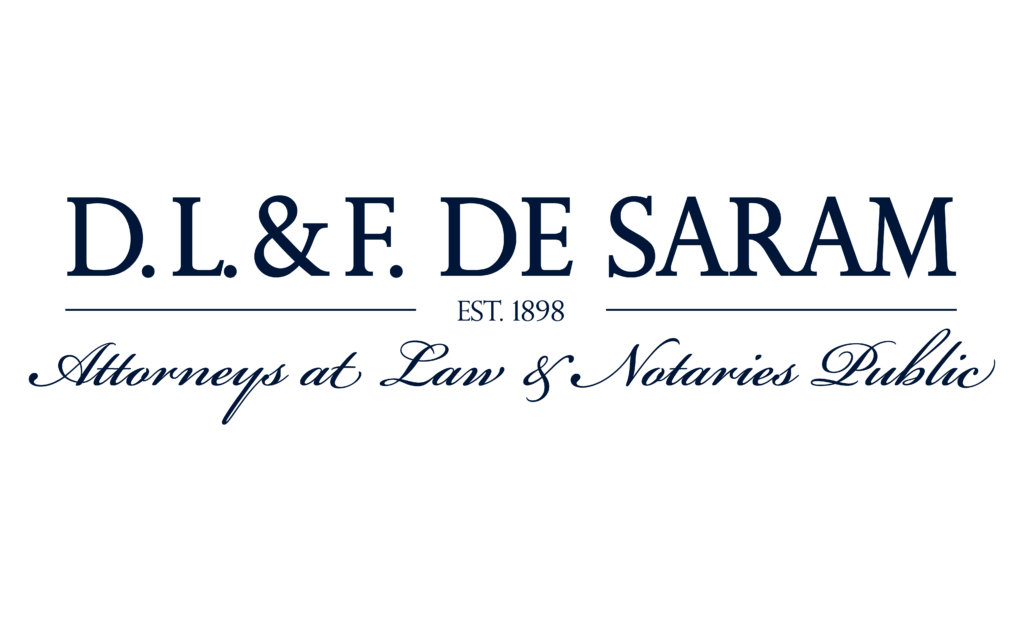The Intellectual Property Act No. 36 of 2003 (the “IP Act”) is the primary legislation which provides for the protection of Intellectual Property rights in Sri Lanka. Protection is afforded to Intellectual Property such as copyrights and related rights, trademarks, tradenames, layout designs of integrated circuits, geographical indications, and undisclosed information (trade secrets).
While trademarks, patents, and industrial designs could be registered with the National Intellectual Property Office of Sri Lanka, there are no legal provisions to register copyrights, related rights, or trade secrets in Sri Lanka. The National Intellectual Property Office of Sri Lanka (the “NIPO”) is the sole entity authorized by the IP Act to administer and register trademarks, patents, and Industrial Designs.
The IP Act specifies the rights of the owner of Intellectual Property, including how such rights could be exploited by way of assignment, transfer, licensing, etc. The IP Act also specifies the limitations of legally exploiting Intellectual Property owned by a third party.
The specific activities which would constitute an infringement of Intellectual Property rights are clearly provided in the IP Act. Section 160 of the Act provides an umbrella of instances that would constitute “Unfair competition” regarding any type of intellectual property. In the event of an infringement or threatened infringement, an owner of Intellectual Property is able to file an action to obtain an injunction to prohibit the commission of the infringing act or the continued commission of the such act and to claim damages. Additionally, the Director General of the NIPO is empowered by the IP Act to conduct inquiries relating to Intellectual Property. The decision of the Director General of NIPO could be challenged in a court of law within six months of the said decision. Any person dissatisfied with the order made by the court may prefer an appeal to the Supreme Court against such an order.
The IP Act also imposes criminal sanctions against persons who violate the provisions of the IP Act. Accordingly, upon the application made to a Magistrate Court, the courts have the power to order the seizure and disposal of the infringing goods. The court is also empowered to impose a fine and/or to sentence an offender to a prison term if found guilty of an offense under the IP Act.
In addition to the IP Act, the Customs Ordinance has also been amended to prevent infringement of Intellectual Property Rights at the borders of Sri Lanka. The amendments prohibit the importation and exportation of counterfeit trademark goods, pirated copyright goods or any other goods which contravene the provisions of the IP Act. Violation shall entitle the customs authorities to forfeit the goods and dispose outside the channels of commerce. The Intellectual Property Rights Enforcement Unit of Sri Lanka Customs (Consumer Protection Unit) (the “IPREU”) is the body in charge of the enforcement of the provisions of the Intellectual Property Act relating to the importation and exportation of goods to and from Sri Lanka.
Furthermore, a special antipiracy and counterfeit unit in the Criminal Investigation Division (CID) of Sri Lanka police has been set up to specifically address Intellectual Property rights concerns in Sri Lanka.







